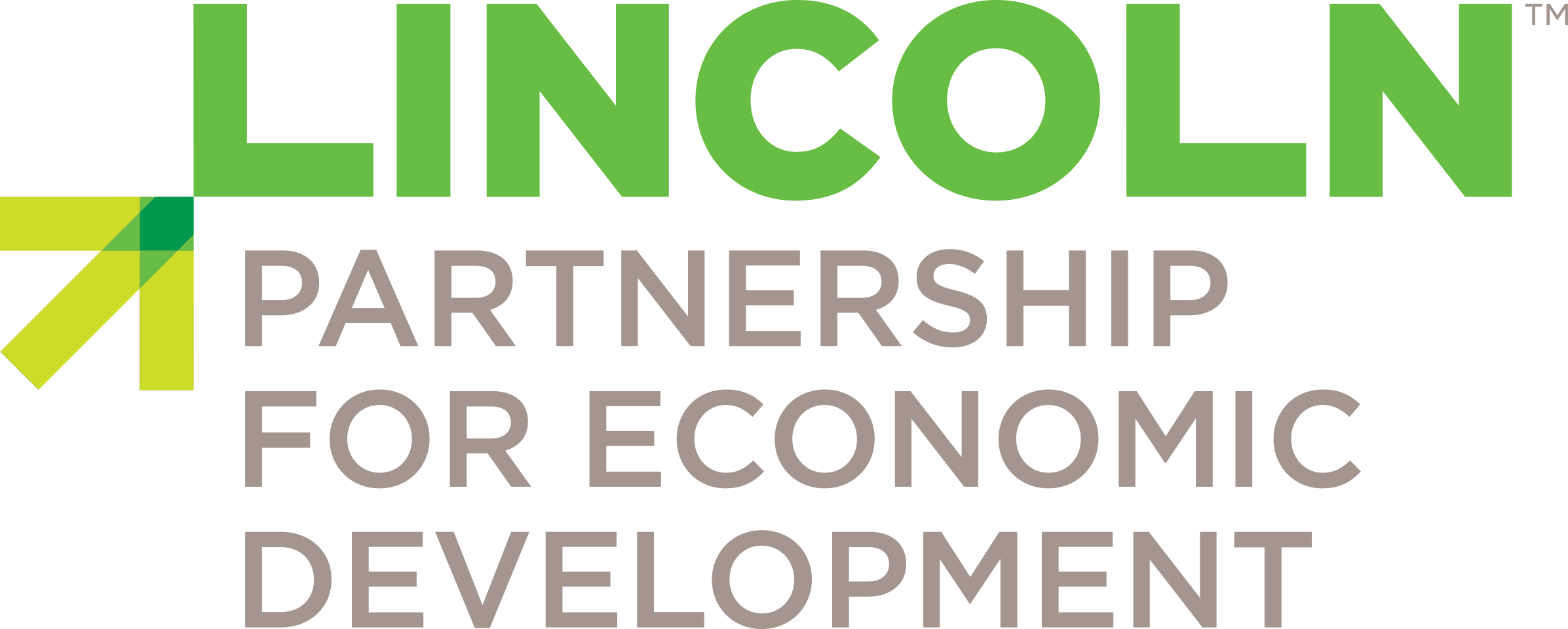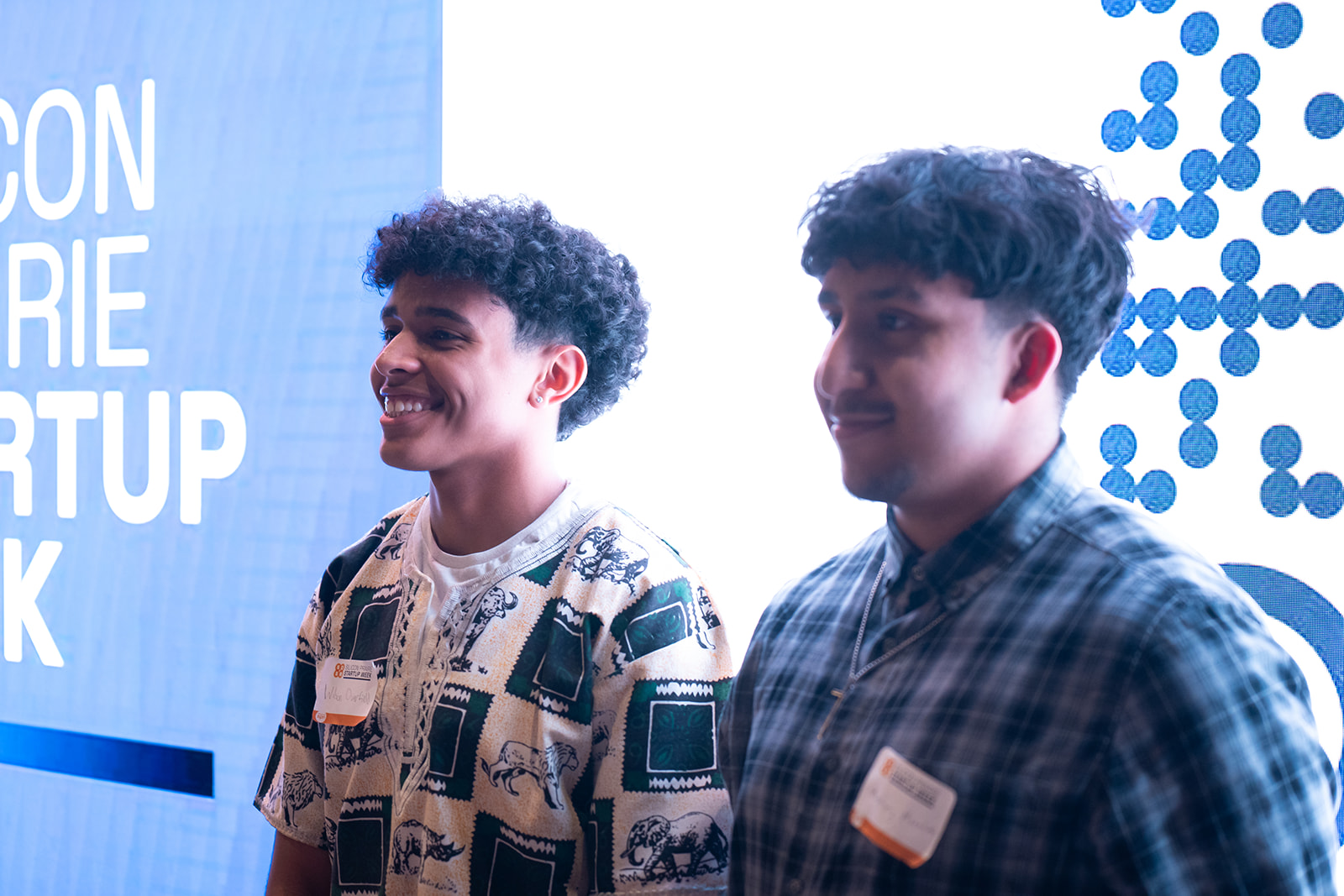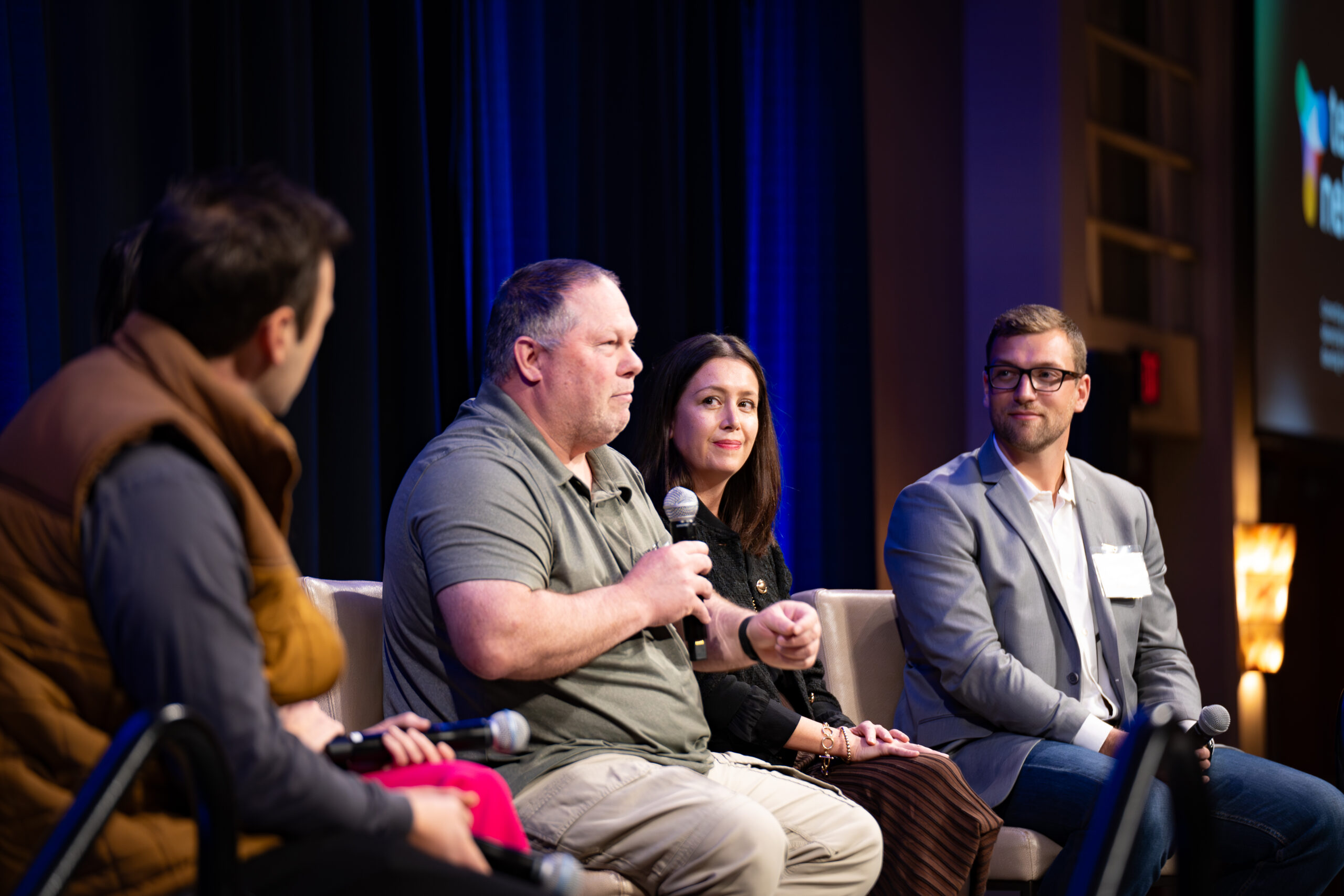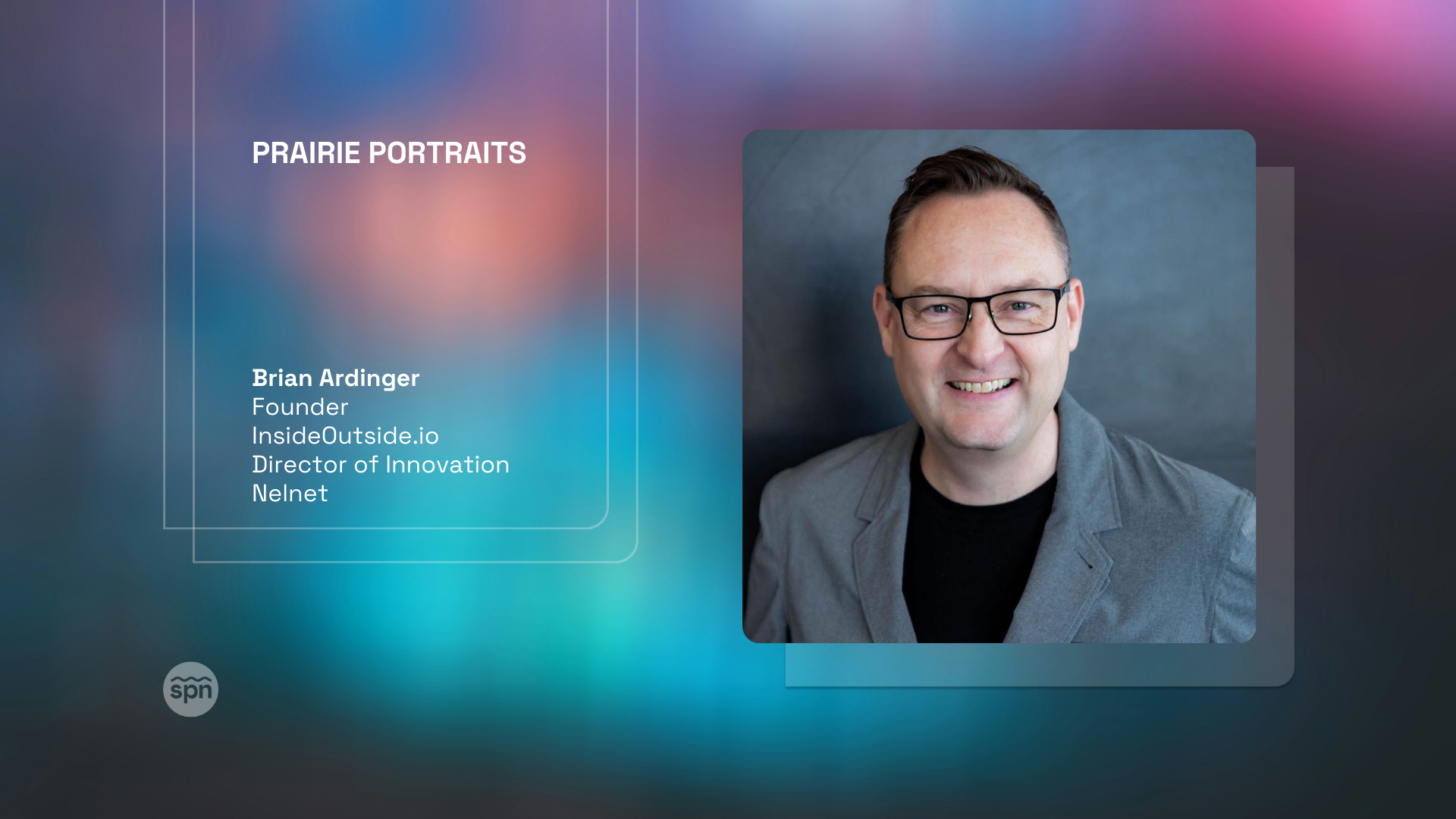 When I was a kid, I wanted to be an astronaut. Who am I kidding? I still want to be an astronaut. I am, however, realistic enough to know that my dream will never come to fruition (unless, of course, Virgin Galactic drastically reduces their rates).
When I was a kid, I wanted to be an astronaut. Who am I kidding? I still want to be an astronaut. I am, however, realistic enough to know that my dream will never come to fruition (unless, of course, Virgin Galactic drastically reduces their rates).
Enviably, two University of Nebraska-Lincoln (UNL) professors will get the chance to do something even better: contribute technologically to the space program.
According to a press release from UNO’s University Relations, Erick Jones and Shane Farritor have each landed $750,000 three-year grants from NASA‘s Experimental Program to Stimulate Competitive Research (EPSCoR). The grant program is designed to foster technological innovation and research at colleges and universities in the areas of aeronautics, exploration systems, science and space operations.
Erick Jones is an assistant professor in UNL’s Industrial and Management Systems Engineering Department. His research project involves an innovative use of some existing technology, Radio Frequency Identification (RFID). Jones and his students will be using RFID to develop a system that allows astronauts to find inventory items and manage stowage logistics, allowing them to search for and find missing items using localization, rather than having to search for those items manually.
Think about what a pain it is searching for your keys in your home when you’ve lost them. Now, imagine searching for them while all of your stuff tumbles around in zero gravity. You get a sense for how handy this technology might be.
 Shane Farritor is a mechanical engineering associate professor at UNL. He’s working with Dr. Dmitry Oleynikov, an associate professor with UNMC’s Department of Surgery, to explore the use of a new technique known as Natural Orifice Transluminal Endoscopic Surgery (NOTES) by using miniature robots to support surgery during long-duration space missions.
Shane Farritor is a mechanical engineering associate professor at UNL. He’s working with Dr. Dmitry Oleynikov, an associate professor with UNMC’s Department of Surgery, to explore the use of a new technique known as Natural Orifice Transluminal Endoscopic Surgery (NOTES) by using miniature robots to support surgery during long-duration space missions.
“We are extremely excited about this grant and this work,” Farritor said. “We want to make an important contribution to both terrestrial health care as well as future exploration missions. This grant will allow us to build important prototypes to demonstrate our concept.”
With their innovation and research, these two UNL faculty members have the opportunity to make a lasting impression on space technology.
I only wish I could do my part as well. That won’t be happening unless the Earth is threatened by a giant asteroid, and the ragtag team that NASA assembles to destroy it requires the services of a slightly snarky blogger to document the mission. I might not be able to contribute, but I can still dream.




